Ditch couples therapy! Wanna save your BFF bond from going bust? Friendship therapy is where it’s at! Get started and level up your friend game!
Throughout time, heartbreak stemming from romantic breakups has dominated the spotlight in poetry and pop culture. But let’s not overlook the harsh reality: the shattering of a friendship can be equally, if not more, devastating.
While traditional therapy focuses on individual well-being, a rising trend known as friendship therapy is gaining momentum. This unique approach centers around nurturing and improving friendships, elevating them to a new level of understanding, support, and fulfillment.

So, why should you consider embracing this transformative therapy? Read on to explore the benefits of this type of therapy and discover how it can enrich your life.
What Is Friendship Therapy?
It’s like couples therapy for friends, also known as relational or social therapy, is a specialized branch of therapy that aims to enhance and strengthen interpersonal relationships.
Unlike traditional therapy, which mainly focuses on addressing individual mental health concerns, friendship therapy hones in on the dynamics, communication patterns, and overall quality of friendships.
It provides a supportive and constructive environment for friends to explore their connections, work through challenges, and develop healthier and more fulfilling relationships.
Read more here: 11 Signs You Need To Talk To A Therapist
What Are The Benefits of Friendship Therapy:
1. Improved Emotional Well-being:
Strong friendships are a cornerstone of mental and emotional well-being. It offers a safe space for friends to express their feelings, resolve conflicts, and deepen their understanding of one another.
By fostering open and honest communication, this therapy can enhance emotional support and create a sense of belonging.
2. Enhanced Communication Skills:
Effective communication is vital in any relationship. This equips participants with invaluable tools and techniques to express themselves more clearly, actively listen, and understand different perspectives.
Strengthening these skills can lead to better conflict resolution, decreased misunderstandings, and increased empathy in friendships.
3. Conflict Resolution and Problem-Solving:
Friendships are not immune to disagreements and conflicts. This therapy provides a structured platform for friends to navigate conflicts and find mutually agreeable solutions.
Learning healthy conflict resolution strategies can prevent misunderstandings from escalating, thereby preserving and even strengthening the friendship bond.
4. Increased Self-awareness:
Through the process of this therapy, individuals gain deeper insights into their own thoughts, emotions, and behaviors within friendships.
This heightened self-awareness can lead to personal growth, as it enables individuals to identify and address any patterns or tendencies that may hinder their relationships.
5. Supportive Network:
It offers a unique opportunity to build a supportive network with fellow participants who are also invested in improving their friendships.
Sharing experiences, seeking advice, and learning from others’ perspectives can provide a sense of community and encouragement throughout the therapy process.
Read more here: 21 Different Art Therapy Exercises For Different Emotions
Powerful Friendship Therapy Activities To Supercharge Your Bond
1. Friend Date Night
Plan a special evening with your friend where you engage in activities you both enjoy. It could be a movie night, cooking together, or trying out a new hobby. Use this time to reconnect and strengthen your bond.
2. Gratitude Jar
Create a gratitude jar together. Each day, write down something you appreciate about your friendship and place it in the jar. Reading these heartfelt messages later can remind you of the positive aspects of your relationship.
3. Letter Exchange
Write heartfelt letters to each other, expressing your feelings, memories, and hopes for the future. Exchange these letters and take time to discuss and reflect upon them together. It can deepen your connection and foster understanding.
4. Role Reversal
Take turns stepping into each other’s shoes. Share stories or experiences from your perspective and then switch roles to gain a better understanding of each other’s point of view. This activity promotes empathy and empathy in friendship.
5. Bucket List Adventure
Create a bucket list of activities or places you both want to experience together. Pick an item from the list and plan a fun adventure to check it off. This shared experience can create lasting memories and strengthen your bond.
Is Friendship Therapy Right for You? Here’s How To Know
- Assess Your Friendships: Reflect on conflicts, communication issues, and the level of support and understanding in your friendships.
- Embrace Change: Friendship therapy requires a willingness to explore and make personal growth a priority. Evaluate your readiness for transformative work.
- Crave Deeper Connections: If you desire more meaningful friendships, friendship therapy can provide guidance and tools to achieve that.
- Find Available Resources: Research local therapists specializing in friendship therapy to ensure you have access to qualified professionals.
Friendship therapy presents a compelling opportunity to enrich your relationships and unlock the full potential of your friendships.
By prioritizing open communication, self-reflection, and a commitment to personal growth, you can cultivate deeper connections, resolve conflicts, and experience the profound joys of meaningful friendships.
Read more here: 10 Reasons Why People Refuse to Talk to Therapists
Share and write your thoughts if you found this helps!


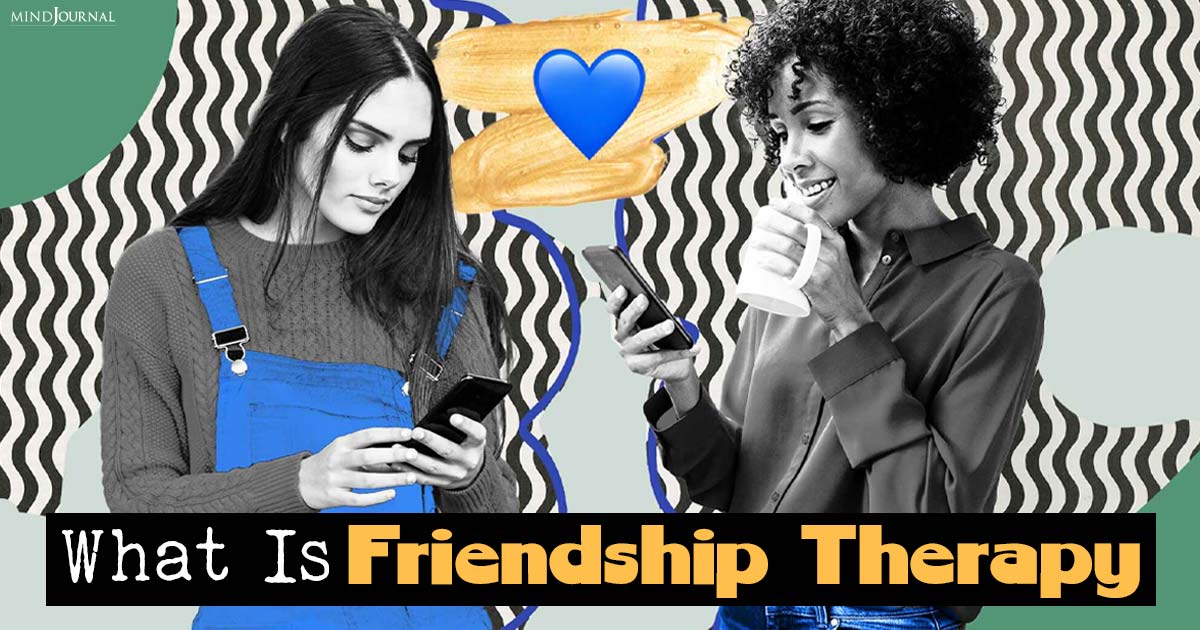
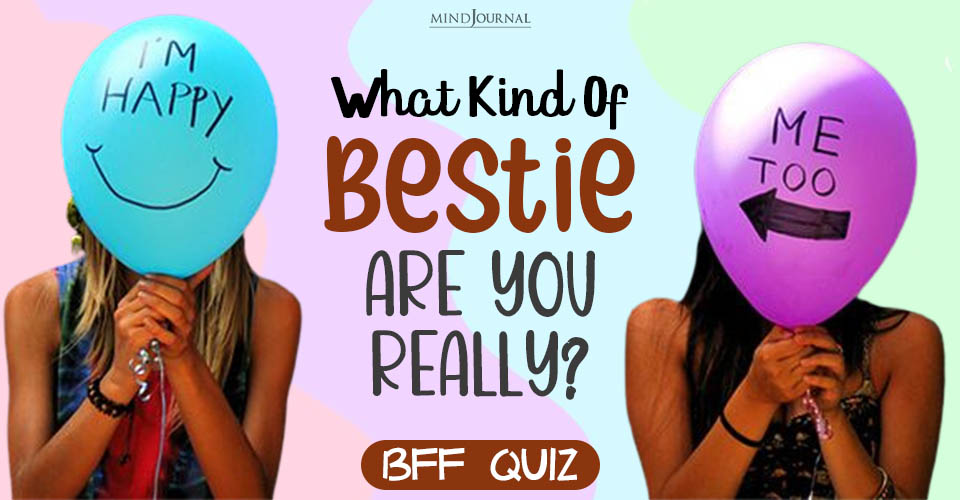
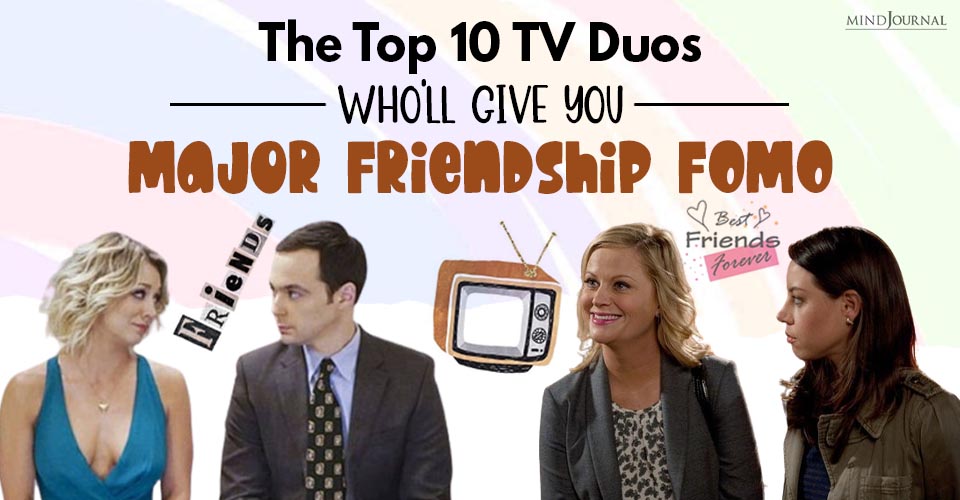
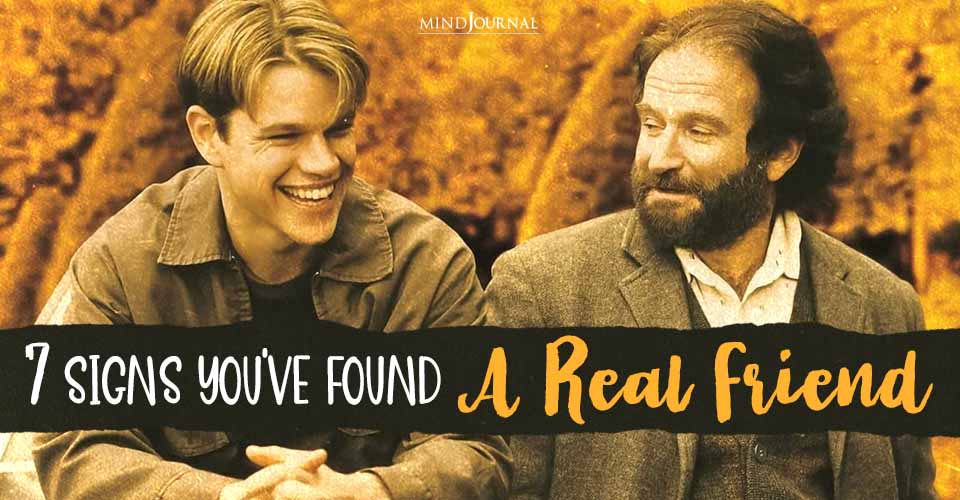
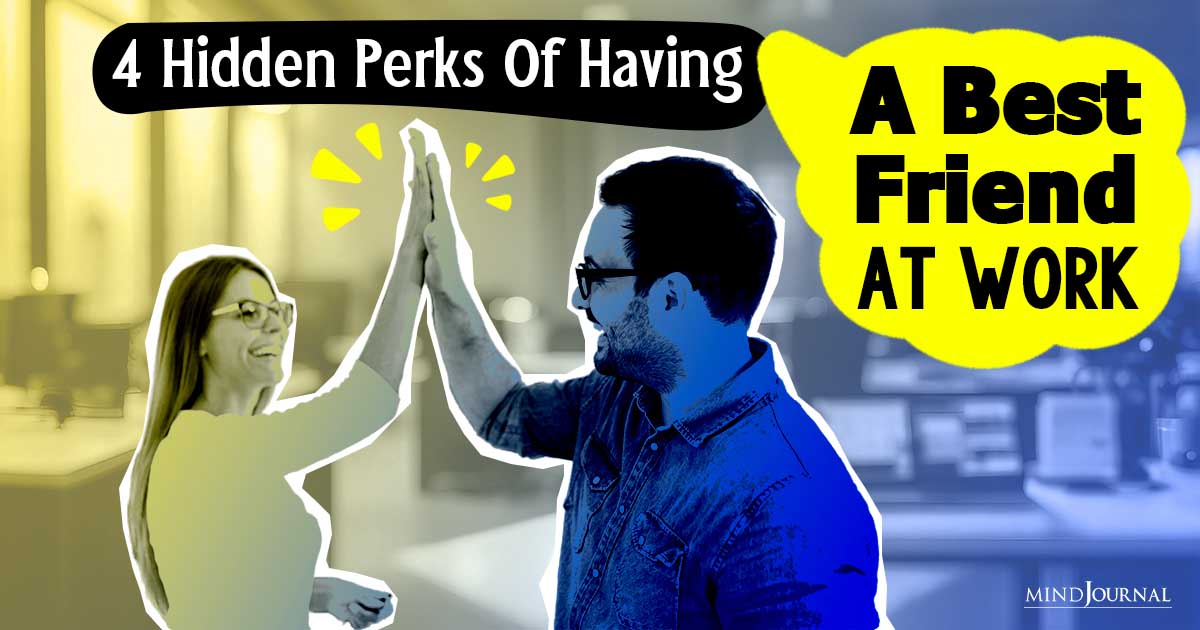

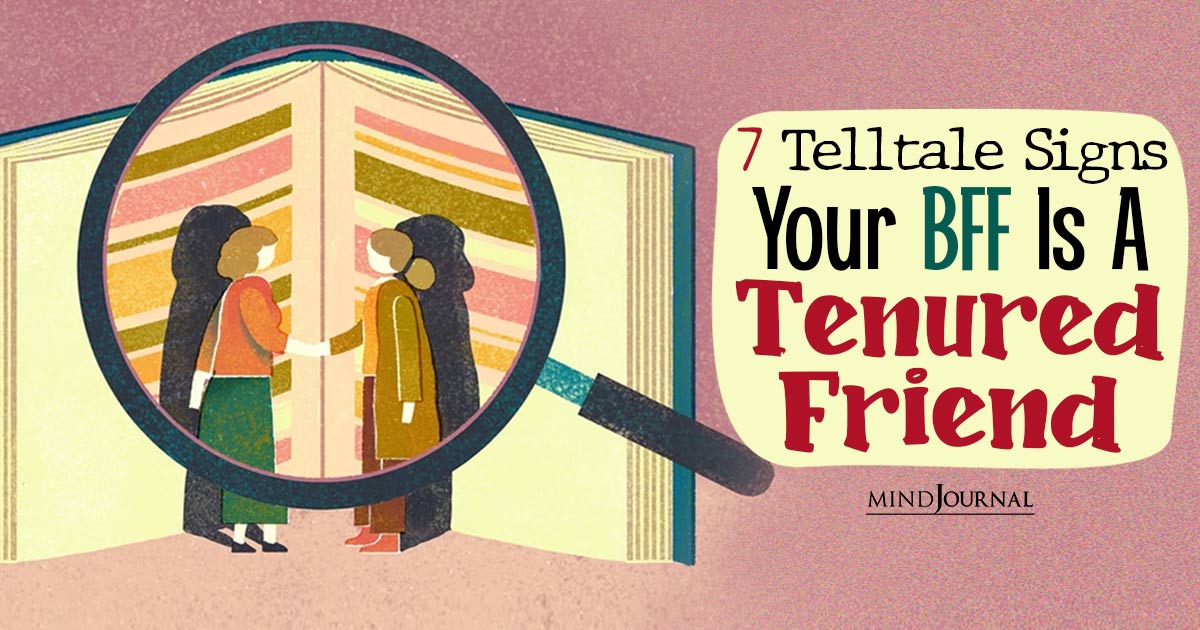
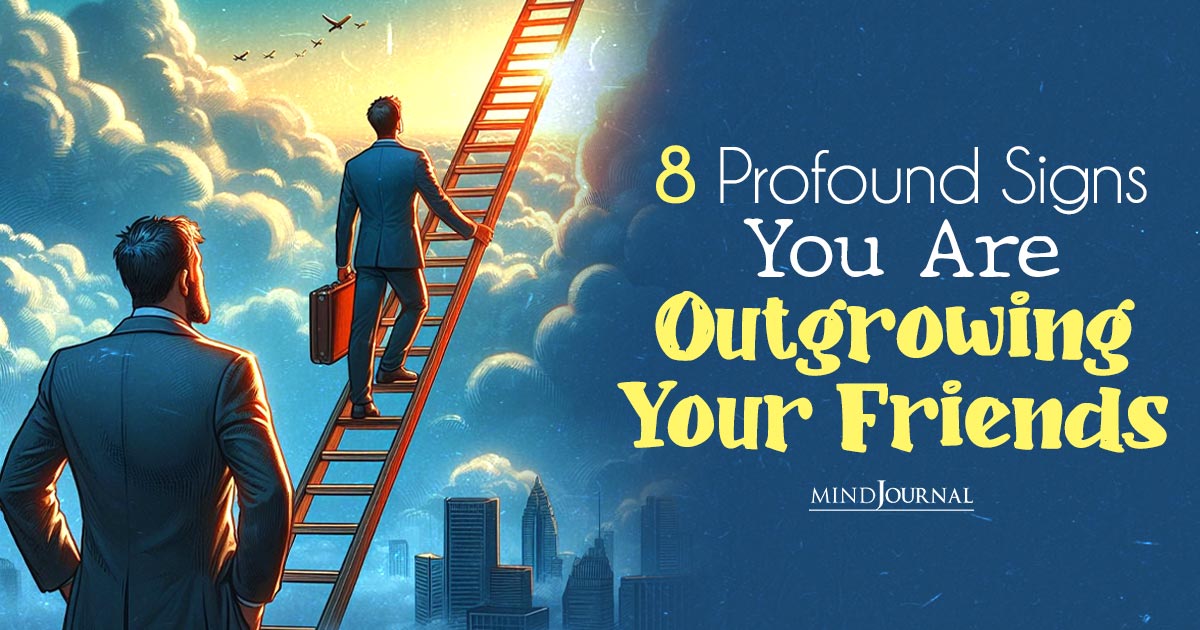
Leave a Reply